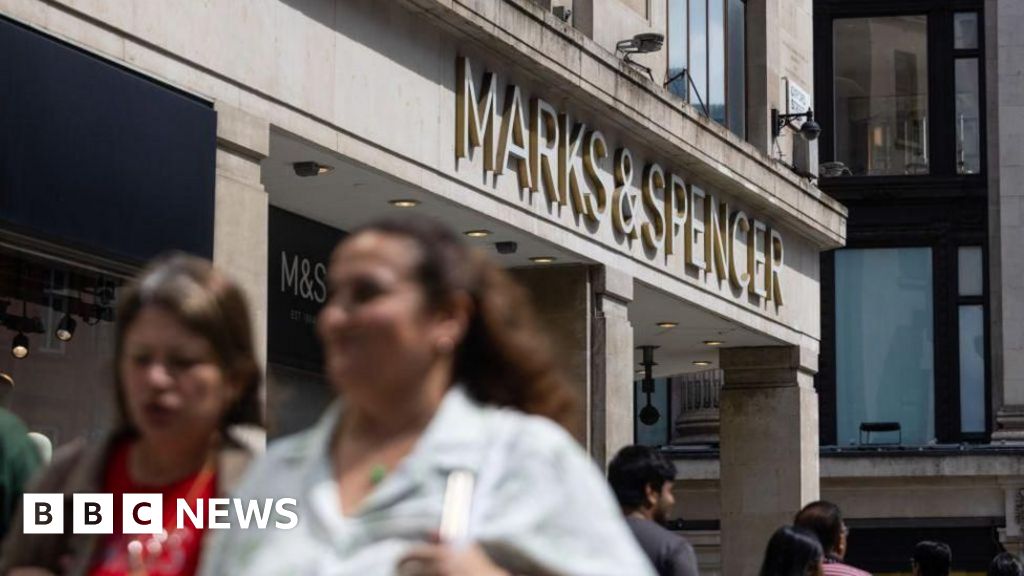ARTICLE AD BOX
UK households have remained "resilient" despite the end of the furlough scheme and other Covid support measures, the Bank of England has said.
But uncertainty over health risks and the economic outlook remains, said its latest Financial Stability Report.
Covid could still have "a greater impact" on the economy, especially in light of new variants, it said.
The report comes three days before Bank policymakers announce their next decision on interest rates.
This surge in inflation, which tracks the cost of living over time, has led analysts to predict an increase in interest rates from their current record low of 0.1%. But doubts have recently set in because of the spread of the Omicron variant.
Image source, Getty Images
Image caption,Bank of England governor Andrew Bailey previously said he was "very sorry" over the rising cost of living.
"The UK and global economies have continued to recover from the effects of the pandemic. But uncertainty over risks to public health and the economic outlook remains," said the Bank.
"For example, there are near-term pressures on supply and inflation, and there could be a greater impact from Covid on activity, especially given uncertainties about whether new variants of the virus reduce vaccine efficacy."
The Bank of England's financial stability committee said the risks to the financial system had returned to their levels before the pandemic began.
"Major UK banks are strong enough to keep supporting households and businesses, even in severe scenarios," the Bank said.
It is consulting on lifting emergency measures introduced to give banks more room for manoeuvre at the start of last year.
Banks will now once again have to build up an extra buffer of capital to guard against future shocks, worth 1% of all their loans (known as a counter-cyclical capital buffer). That will rise to 2% next year.
The Bank is also consulting on loosening affordability limits on mortgages.
It is examining whether to drop a requirement that lenders should test whether borrowers could still afford repayments if interest rates rose by 3% above the standard variable rate.
It added in its report that getting funds together for a deposit is still the most significant barrier to home-ownership.

 3 years ago
62
3 years ago
62








 English (US) ·
English (US) ·